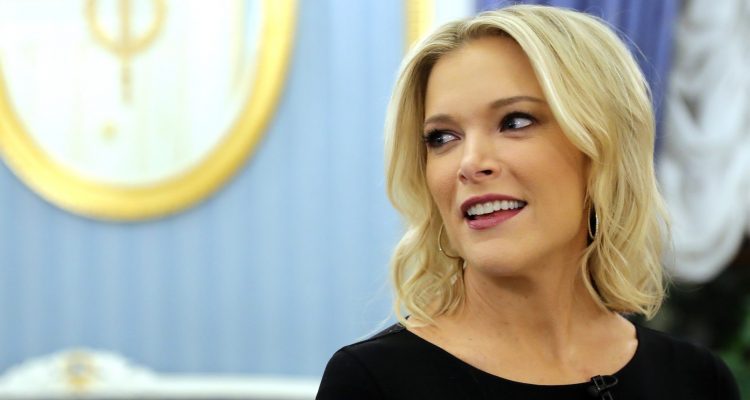With Halloween upon us again, there are those, myself included, excitedly planning their costumes. The majority of these costumes are harmless, reflecting characters from movies, TV shows and even people in the music industry. However there are those, like NBC morning host Megyn Kelly, who don’t seem to know what the big deal is when it comes to crossing racial and ethnic boundaries for Halloween, particularly when it comes to blackface. Though it was announced by the Washington Post on Friday, Oct. 26 that her morning show has been cancelled, the fact that she made such comments to begin with, arguing that, “back when I was a kid [blackface] was okay as long as you were dressing up as a character,” speaks to some real ignorance about the insensitivity of adopting other ethnicities as part of a costume.
To many who fundamentally don’t understand structural racism, the tradition of blackface is just that: a tradition, rooted in hundreds of ugly years of racism in this country that is still perpetuated today. An article from IndieWire details, “blackface minstrelsy was born in the 1830s, popularized by white actor Thomas D. Rice’s song-and-dance caricature act “Jump Jim Crow,” in which he performed in blackface. Of course, the term “Jim Crow,” which describes legalized segregation, traces its origins to Rice’s pejorative.” Ashley Nicole Black from “Full Frontal with Samantha Bee” further explains, “Blackface minstrelsy was one of the earliest American theatrical forms…But forget it, I wouldn’t want centuries of harm to ruin your Halloween, Becky.” Not only is this practice of blackface historically racist, but it laid the groundwork for the structural racism that shaped how black people were treated in the Jim Crow South, the effects of which are still felt today.
Kelly’s ignorance of why blackface is harmful is not only historically ignorant, but she lacks basic common sense about why people would find their entire ethnicity being turned into a costume hurtful. A 2007 study entitled “Unmasking Racism: Costuming and Engagement of the Racial Other” summarizes this idea succinctly. In describing a sample selection of college students dressing up simply as a “black person,” the researchers conclude, “it would appear that such generic ideas represent whites’ most fundamental attempts to strip all unique identity from people of color, to reveal race as the only relevant marker of those they claim to represent in costume.” Kelly’s excuse of Halloween as a time of the suspension of what is acceptable falls flat to my ears; on no day of the year should white people be allowed to further the indescribably hurtful impact that their caricatures of blackness make on actual, real-life people of color. They take on these egregious stereotypes with the nonchalance of people with enough privilege to not worry about the effects their actions have on those who still have to deal with the negative consequences of such historical traditions.
Even if, after looking at what history tells us and recognizing the adverse effects present today, people like Megyn Kelly don’t believe blackface is racist, there’s something else they need to consider. An oppressor doesn’t get to set the scale by which their victims feel oppression, and can never fully understand what that oppression does to someone without experiencing it for themselves. This is why men will never truly understand the challenges that women face when it comes to the government creating legislation to regulate their bodies. This is why straight people will never truly understand how uncomfortable, and sometimes unsafe, queer people can feel in a predominantly straight space, no matter how “safe” they may make it. And this is also why white people, myself included, will never truly understand what it means to be black, to have the color of your skin be politicized and discriminated against, nor will we or should we ever get to decide what’s racist and what isn’t. Megyn Kelly and her three fellow white panelists certainly don’t get to decide what’s racist either, and I’d like to think that maybe NBC kicking her off of their network might teach her that.


Leave a Reply